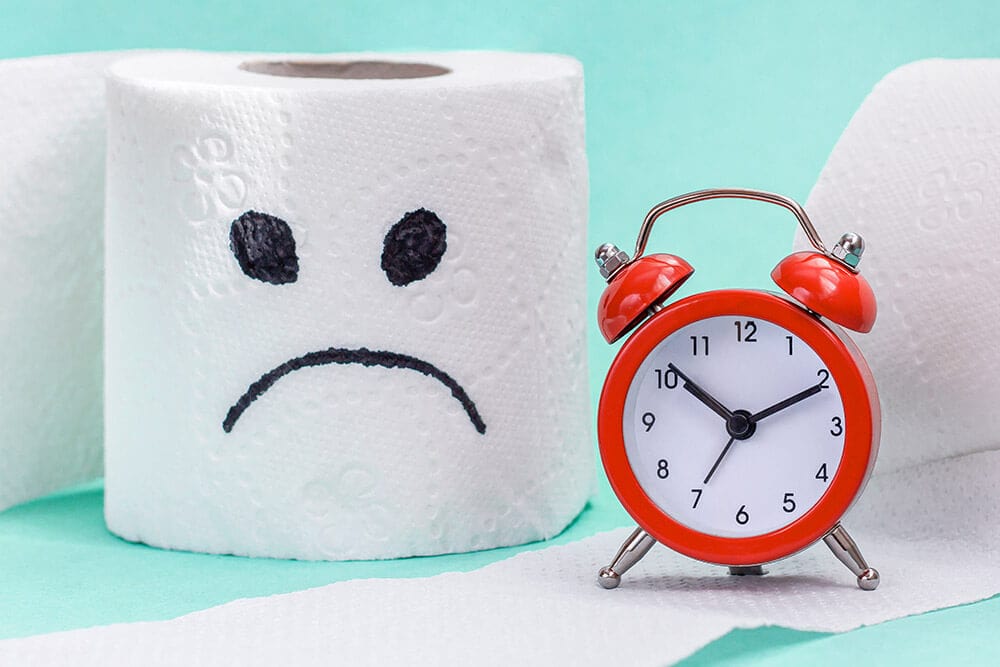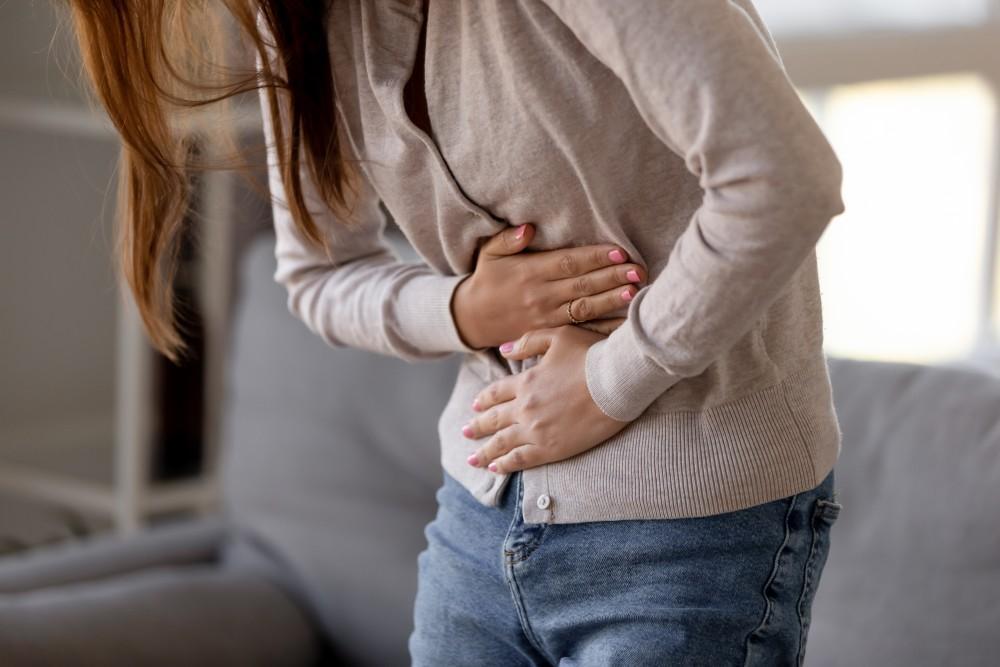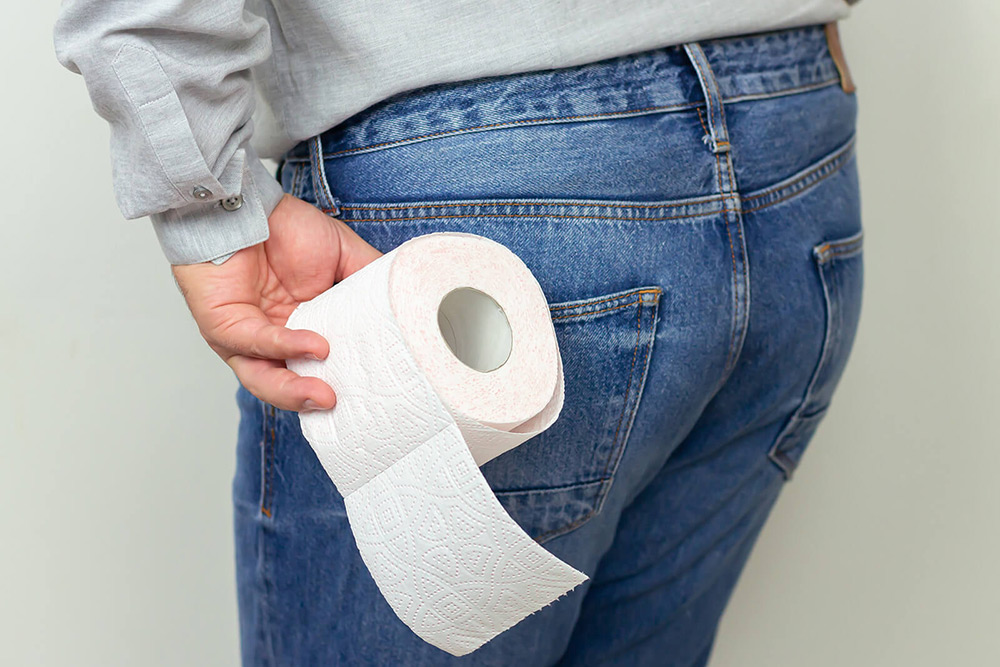What Is Crohn's Colitis?
Crohn's colitis is a form of Crohn's disease that affects the colon. It leads to swelling and sores in the large intestine.
Unlike ulcerative colitis, which stays on the surface, Crohn's colitis can go deeper into the bowel wall.
People often ask about Crohn's vs. ulcerative colitis. This guide explains the key differences.
Common Causes and Risk Factors
- Genetics: Family history raises your risk.
- Immune response: An overactive immune system attacks gut tissue.
- Environment: Diet, smoking and stress play a role.
- Age: Most people are diagnosed between 15-35 years.
- Infections: Past gut infections can trigger symptoms.
Signs and Symptoms
- Abdominal pain and cramping
- Frequent, urgent diarrhea (sometimes bloody)
- Weight loss and fatigue
- Fever and night sweats
- Anal pain, fissure or fistula
How Dr. Rishi Chadha Diagnoses Crohn's Colitis
Dr. Chadha uses a simple but complete process:
Health History and Symptoms
He starts by discussing your symptoms, past medical history, and any patterns in flare-ups or digestive issues.
Blood and Stool Tests
These help check for inflammation, anemia, or infections that could point to Crohn’s disease or complications.
Colonoscopy with Biopsy
During colonoscopy, Dr. Chadha examines the colon lining and may collect tissue samples for confirmation.
Imaging Scans
He may recommend MRI or CT scans to assess inflammation beyond the colon or to detect complications like abscesses or fistulas.
This approach helps find answers fast and avoid delays.
Frequently Asked Questions
1. What is the difference between Crohn's colitis and ulcerative colitis?
Crohn's colitis can involve any layer of the colon wall and may affect other parts of the GI tract, while ulcerative colitis is limited to the innermost lining of the colon.
2. Can Crohn's disease turn into ulcerative colitis?
No. They are distinct conditions with overlapping symptoms but different patterns of inflammation and tissue involvement.
3. How is Crohn's colitis diagnosed?
Diagnosis involves a combination of medical history, blood and stool tests, colonoscopy with biopsy, and imaging studies such as MRI or CT enterography.
4. Will I need surgery for Crohn's colitis?
Surgery is reserved for complications like strictures, fistulas or uncontrolled bleeding. Many patients manage well with medication and lifestyle changes.
5. Which foods should I avoid during a flare?
High-fiber raw vegetables, nuts, seeds and spicy foods can worsen symptoms during active inflammation. Dr. Chadha's dietitians will create a tailored plan.
6. How long does treatment take to work?
Many patients experience relief within weeks of starting therapy, but ongoing maintenance is crucial to sustain remission and prevent flare-ups.
7. Is Crohn's colitis hereditary?
Genetics increase susceptibility, but environmental factors and immune system behavior also play significant roles in disease development.
8. Are anal fissures more common in Crohn's or ulcerative colitis?
Both can cause fissures, but those from Crohn's tend to be deeper, more persistent and often associated with fistulas.
9. Can side effects of IBD medications be managed?
Yes. Dr. Chadha closely monitors labs and adjusts dosages or switches therapies to minimize adverse effects while maintaining disease control.
10. Is there a support group for Crohn's and colitis in Houston?
Yes. We connect you with local chapters of the Crohn's and Colitis Foundation and other Houston-area patient support networks.











